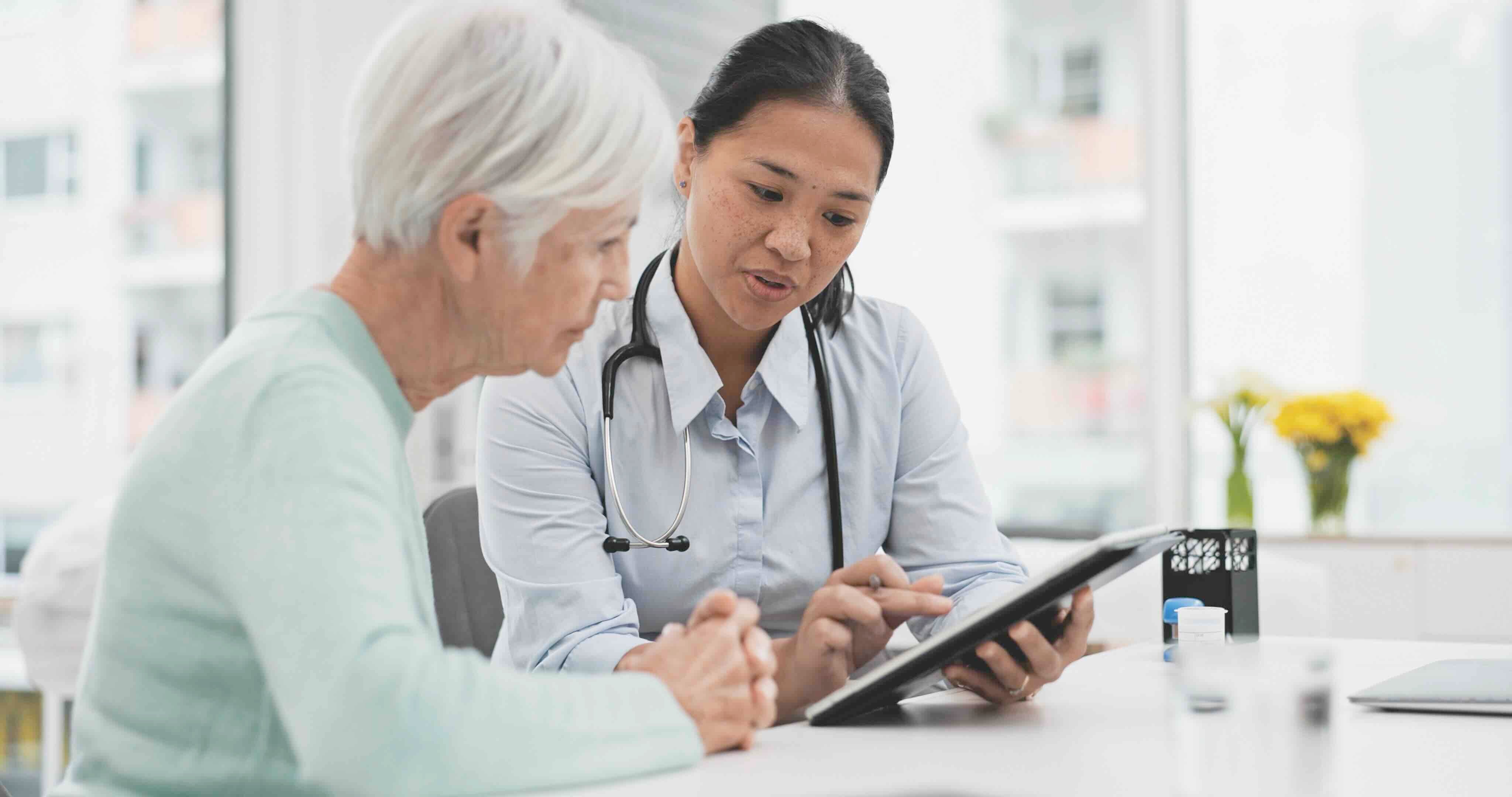Cancer Screening
Texas Oncology offers cancer screening to identify risks and catch cancer in its earliest stages.

find care
Our team of compassionate, highly trained urologists provides comprehensive treatment options tailored to your individual needs. We’re here to guide you with expertise, respect, and care — every step of the way.
Clinical Trials
Clinical Trials
Texas Oncology is a leader in groundbreaking cancer research and clinical trials in Texas, paving the way for new breakthroughs in cancer care.